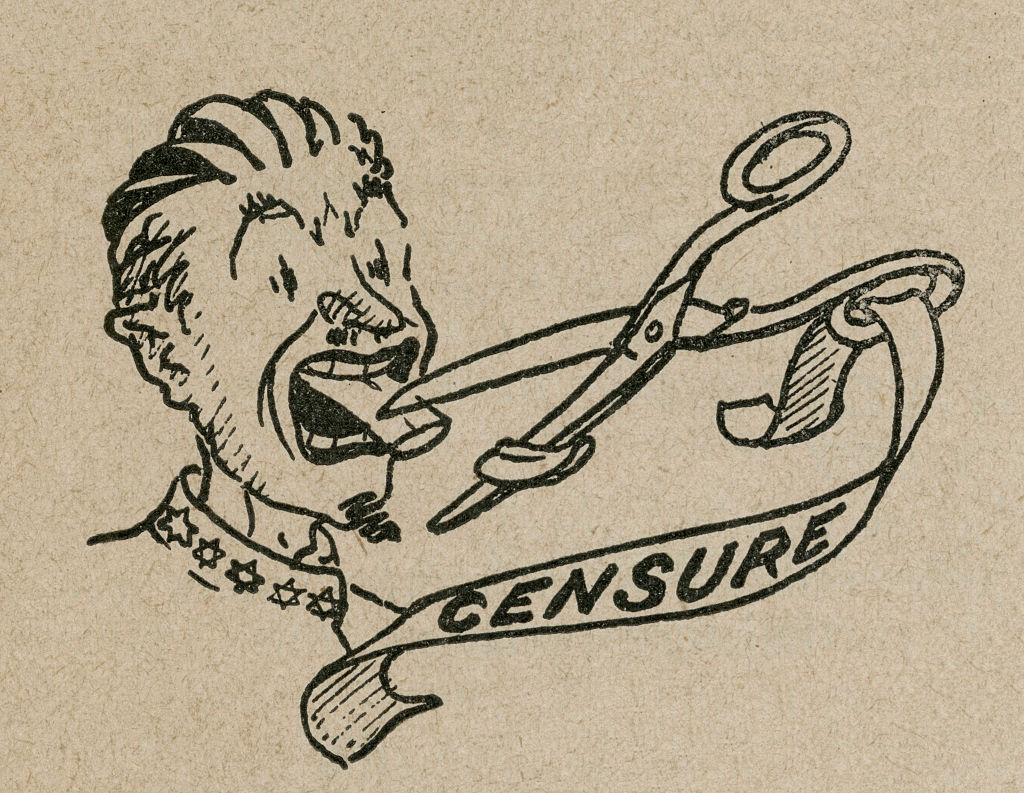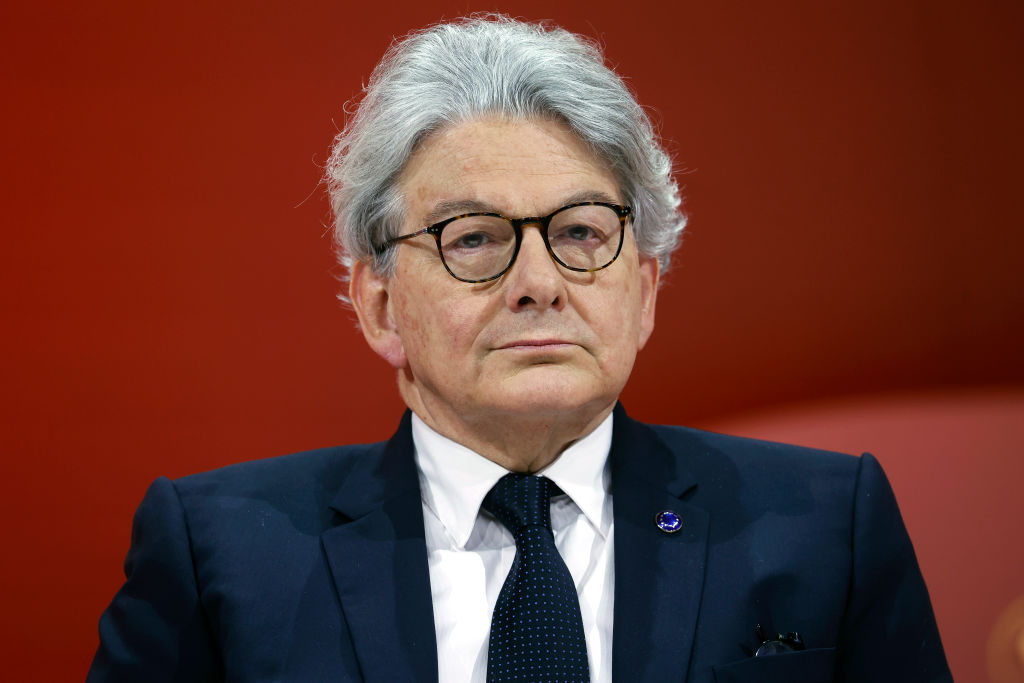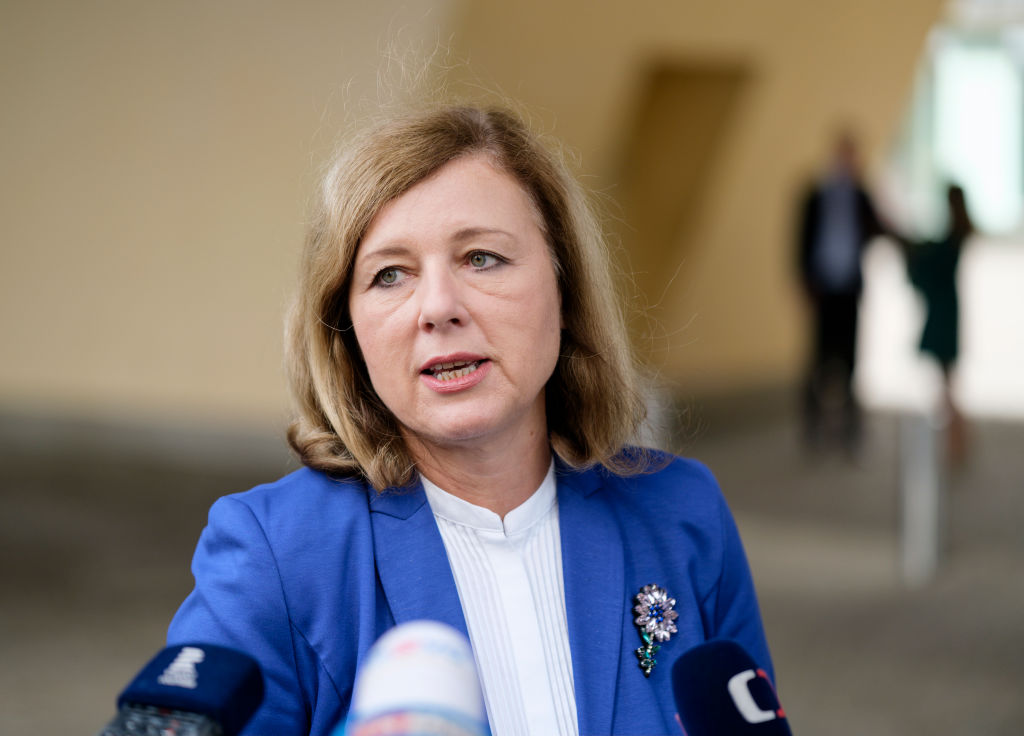US lawmakers have accused the European Commission of weaponising its “regulatory regime” to “silence American speech” online.
Washington’s House Judiciary Committee blasted Brussels for exporting censorship in the guise of digital governance, as X-owner Elon Musk once again backed repeal of European Union’s Digital Services Act (DSA).
On July 3, debate over DSA reignited when Musk and a former member of the US President Donald Trump’s administration backed a full repeal of the DSA. That followed a tweet by ADF International claiming that the EU had entrenched censorship by making its once-voluntary “Code of Practice on Disinformation” a legally binding part of the DSA.
— Elon Musk (@elonmusk) July 3, 2025
Musk’s comments came after a report published on June 27 by the US House Judiciary Committee directly targeted the EC. The committee accused it of pushing “international censorship” through legislation such as the DSA and the Digital Markets Act (DMA).
According to US lawmakers, the EU’s legal crusade against “disinformation” and “systemic risks” was less about safety and more about control, particularly of US tech platforms like Meta and X, which fell under the DSA’s scope.
“Foreign regulators have even attempted to use their authority to restrict the content that American citizens can view online while in the United States,” the Judiciary Committee report stated, referring to former commissioner Thierry Breton’s letter to Elon Musk.
Former US President Donald Trump has blasted the European Union after a senior Brussels bureaucrat demanded his podcast interview with X owner Elon Musk be subjected to EU bureaucrat censorship. https://t.co/rbceAa2ign
— Brussels Signal (@brusselssignal) August 13, 2024
The committee warned that “vague and far-reaching” rules encompassed by the DSA encouraged social media giants to preemptively censor lawful content to avoid fines of up to 6 per cent of global annual turnover.
“Vague, overly burdensome regulations targeted at so-called ‘systemic risks’ create an environment in which platforms are more likely to remove or demote lawful content to avoid potential fines,” the report read.
The authors argued that the de facto enforcement mechanism was already reshaping speech standards well beyond European borders.
This so-called “Brussels Effect” was, they claimed, undermining US sovereignty in the digital realm.
In comments to Brussels Signal, the EC claimed that “nothing in the DSA obliges online intermediaries to remove lawful content.” Rather, officials insisted, the rules merely demanded that platforms acted “transparently and fairly” according to their own moderation policies.
But the US critics argued that platforms were effectively strong-armed into aligning with Brussels’ political and cultural priorities to avoid costly punishments.
The report echoed a September 2024 rebuke from a US Congressman Jim Jordan, who warned Breton against using the DSA to censor US interests.
Concerns regarding Brussels’ alleged overreach were not only coming from across the Atlantic.
In April 2025, the European Parliament’s own Committee on Industry issued a damning assessment of the EC’s handling of digital policy. It accused the body of misunderstanding the very market it sought to regulate and in the process, harmed the EU’s global competitiveness.
In May, MEPs also called on the EC to review the DSA as they believed it undermined freedom of expression across the EU.
The EC was set to deliver a report on the DSA to key EU institutions by November 17, 2025.
Cross-party members of the European Parliament and free speech advocates gathered in the European Parliament on Wednesday to urge the European Commission to review the Digital Services Act. https://t.co/plQaNkN3ml
— Brussels Signal (@brusselssignal) May 22, 2025





